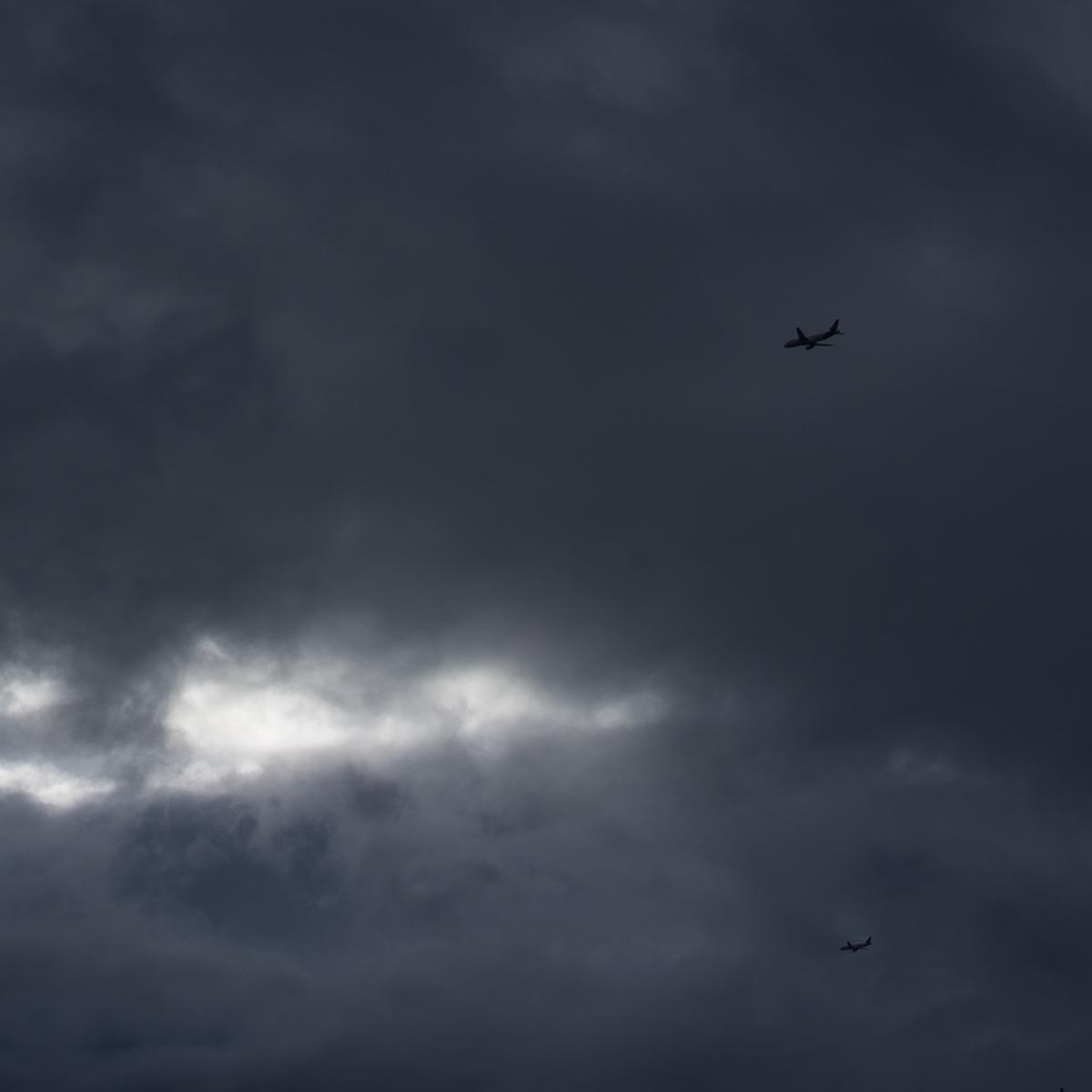Dictators dream of ruling over a territory inhabited by people whose only political act is to applaud the tyrant. Critics, opponents, and those who insist on limiting their power by subordinating it to constitutions and laws have no place in their fiefdom. For them, there are only three options: exile, prison, or death.
All three mechanisms of suppression are active in the dictatorship that Bukele is building in El Salvador. Since the state of emergency began three years ago, more than 400 people have died in Salvadoran prisons, many of them under torture. More than 85,000 Salvadorans have been arbitrarily detained and, for the first time since the end of the civil war, prisons are holding dozens of political prisoners.
Thousands of Salvadorans —judges, human rights defenders, environmentalists, trade unionists, journalists, lawyers, businesspeople, opposition politicians, and simple critics of the regime on social media— have been forced to leave the country to avoid falling into the black hole of Bukele’s prisons. Until recently, they did so discreetly.
But since May, when the regime stepped up its persecution of critical voices and arrested dozens of people, exile has become visible and widespread. Among these exiles are some 50 journalists and media workers. Several work for El Faro.
It is sad, but not surprising, that exile has once again burst onto the national scene. Its return is a necessary accompaniment to the return of political persecution, systematic torture, and impunity for the security forces. It is the return of dictatorship. Exile is once again tearing apart the fabric of national life.
The personal tragedy of the exiled is great, as is the loss to the country of citizens who would be better off participating actively in our public life, contributing from their fields of expertise to the construction of a better society. We know this very well, because El Salvador has repeatedly experienced cycles of exile that have deprived us of the valuable contributions of Salvadoran men and women.
The main beneficiaries of this new exile are those who oppose the exercise of our rights and freedoms: the criminals and corrupt individuals who today enrich themselves under the protection of the impunity granted by the dictatorship. That is why the president of the Assembly, Ernesto Castro, cried out for journalists who refuse to repeat the official slogans to leave the country: “Leave already!”
In the absence of access to public information, in the face of the destruction of the institutions responsible for oversight, and in the face of the paralysis of the judiciary through the coup perpetrated by Bukele, it is journalism that has revealed the involvement of Castro and his wife, Michelle Sol, in several cases of corruption that have not been prosecuted by the prosecutor that Bukele, Castro, and their minions imposed.
It is journalism that has revealed the agreements between the Bukele brothers and criminal organizations, the multiplication of their properties, and their abuses of power.
It is journalism that has revealed that Attorney General Rodolfo Delgado has been a defender of gang members and drug traffickers. It was journalism that uncovered the pacts between the Casa Presidencial and the gangs, the illegal release of gang leaders, and dozens of acts of corruption involving high-ranking officials of the dictatorship.
It is journalism and human rights organizations who have denounced the arbitrary arrests carried out by the regime, the return of systematic torture in prisons, impunity, and abuse by the security forces.
The Bukele regime has intensified its attacks and embarked on a repressive path of no return, bent on eliminating all obstacles to its dreams of absolute power, and it can only achieve this by silencing voices that differ from its own through death, imprisonment, exile, or fear of these measures, and by suppressing our freedoms.
Almost two years ago, El Faro declared itself a newspaper in resistance against the dictatorship and its instruments for silencing us. By then, we were already legally exiled in Costa Rica. Now exile has also reached a significant part of our staff, dozens of colleagues, representatives of civil society, and human rights defenders.
Being outside the country, for however long, also allows us to continue exercising our freedoms. In times of dictatorship, freedom can only be exercised through public action and in direct opposition to the applause demanded by those in power. It is up to us to do so through journalism. Inside or outside, we remain in resistance.

